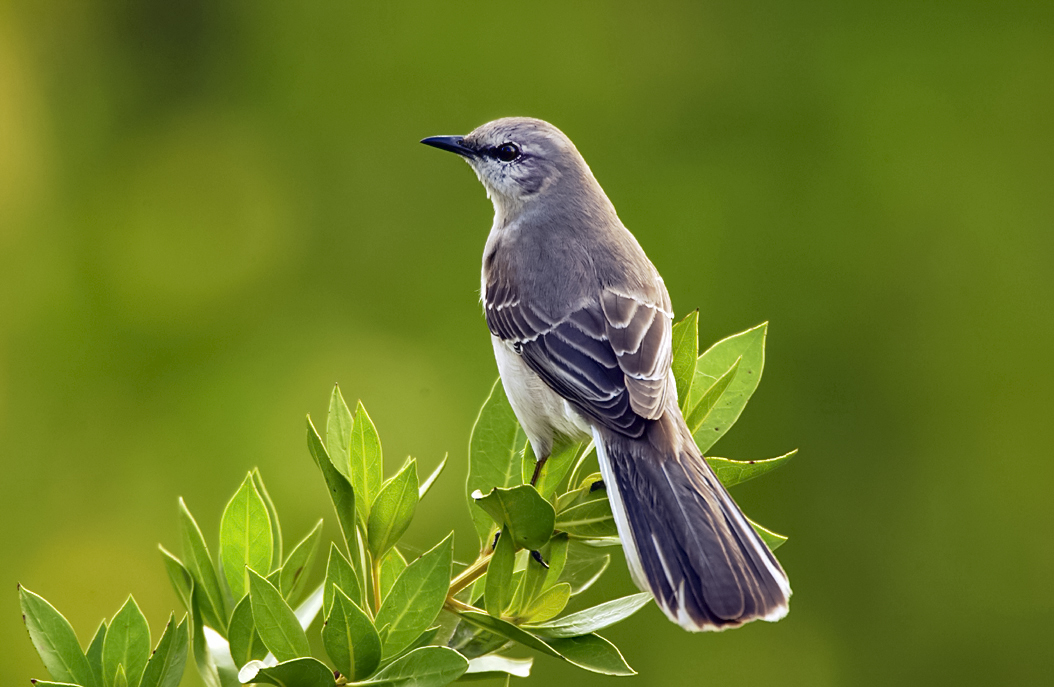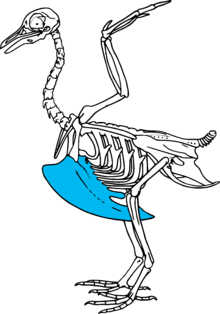Fortune Soul, by Blackmill
---
Four weeks ago, I euthanized a male mallard duck.
Or at least, I was an assistant in his death; I was the one who held him down so he didn't make the process any harder than it had to be.
I was told it was completely painless, that the central nervous system was the first to shut down so he wouldn't be aware of his heart stopping, that to live with a calcified wing joint would be much worse than death.
I took his death well, I believe. It wasn't even like I was trying to hide emotion in the face of a (then) stranger. I genuinely felt no pity for the poor duck. I accepted his fate, that if he were to be released he would die anyways. In fact, I almost think I caught myself faking a little sadness for the staff member's sake; I didn't want to appear a complete robot.
But a week later, a fellow intern and I assisted in the euthanization of a crow with a severe concussion. We could literally see him drifting in and out of consciousness, and he was unable to sit upright or hold his head up. It was a lost cause, so the staff got the Fatal +* ready. But at the point of injection, I noticed the other intern beginning to cry. The staff noticed too, and comforted her. She recomposed herself after we left intake. We had other animals to care for. She didn't have time to cry.
*Fatal + is the name for the anesthesia we administer. It's very similar to anesthesia used for humans, but we basically overdose the animal so they never recover from unconsciousness. As a person who experienced anesthesia during the extraction of my wisdom teeth, I can assure anyone with concerns that it really is completely painless. I remember lying down on the surgery table, and ten minutes later they told me I could get up. I was never even aware I went under.
Am I really that insensitive? Am I supposed to feel such overwhelming emotion for an animal I have just seen? Am I, in fact, completely heartless? I understand the staff showing no emotion; they have been doing this for years. I have just entered this world and, apparently, with such a cruel mindset as well.
I have since witnessed eight deaths to date in six weeks, out of the roughly 10 deaths daily (not counting those who die on their own in our care). I've seen more raw illness and injury in a little over one month than I have in my entire life.
I am an intern at a very well known animal rehabilitation center, which is most know for taking in stray or abandoned dogs, cats, and exotics to adopt out. But in this particular branch, we have an amazing, brand new wildlife rehab facility, where we mostly get birds - passerines (songbirds), hawks, corvids, and waterfowl - but also mammals, like raccoons, skunks, and the occasional weasel.
There are three areas: Recovery, Nursery, and Courtyard. Recovery is where we intake animals. People either bring them to us, or we get them from other facilities that don't treat wildlife. Mammals, seabirds/waterfowl, and large birds stay here to recover. Other than the actual treatment in the exam room, the stories that come with the animals are the most interesting. We've had a crow come in that was wrestled away from a homeless man (who demanded $480 as compensation for what he spent on it), a squirrel that was fed breast milk by the family that brought it in (apparently they wanted to get it back as a pet when we were done - the mere thought makes me cringe. There was also more breast milk in a dish with the squirrel...), a perfectly healthy raven who was only brought in because he refused to move off a man's motorcycle, and a mockingbird who's papers mislabeled it as an albatross.
Here is a mockingbird:
Here is an albatross:
How did they even make that mistake?
Nursery is where the passerines are kept, and sometimes squirrels if they can't be outside yet. I am not a bird person, but I have learned the different species just by walking around and reading the placard attached to each reptarium. Off the top of my head, I can say the most common birds we get are European starlings, juncos, finches, mockingbirds, robins, hummingbirds, scrub jays, sparrows (of multiple species - house, white crowned, golden crowned), rock pigeons, morning doves, and Brewer's blackbirds (abbreviated as BRBL, so we also call them burbles - so cute).
Courtyard is where we transition animals in Recovery and Nursery to outdoors. There are four aviaries for both passerines and squirrels, all decorated with potted trees and branches and hanging sticks - as close to the real thing as we can get. We also have a small garden where we grow chard and a variety of kales, to feed the pigeons, doves, and waterfowl. Also in courtyard are large raptor aviaries, where there are sometimes hawks, owls, ravens, and crows. There are also small and large enclosures for the mammals. In addition to all this, we have two large pools, labeled Seabird and Waterfowl, as well as two small treatment baths, to test for waterproofing.
Out of all of this, Nursery used to be my favorite. When I just started, I felt very self-concious whenever there wasn't any work to be done. Nursery takes care of that problem, because there is always work to be done. We have four feeding timers - 30 min., 45 min., 1 and 2 hours - and they are constantly going off. There are always birds to feed who can't feed themselves. However, now that I am much more comfortable with the people who work here, I have to say I agree with a lot of the other interns thus far - Recovery is the best. As one woman said (the one who cried), everything else - the courtyard cleaning, the nursery feedings, the baby raccoon terrors - hell, the entire internship - all of it is just a ticket into the exam room. There's nothing I like better than getting a new box without knowing what's in it, taking the animal out, and figuring out what's wrong with it and what to do with it.
Sometimes, of course, there's nothing we can do with it. Sometimes a well-meaning person brings in an animal that is too far gone, or they "saved" it from a predator, and we can't do anything but bring it it's inevitable end. Just this Tuesday, we got in a juvenile red-tailed hawk with trichomoniasis. While it's treatable, the bird had too severe a case, and it was so malnourished there wasn't much hope. After it was euthanized, another intern took some pictures of the case and emailed them to me. Here are a couple:
Here's a spread shot of the hawk, with me holding it:
I didn't do a very good job. The wings are much wider; the joint between the radius/ulna and metacarpals could've been extended a lot more. Interesting how they have the exact same names as our bones? Evolution ftw.
You can't really tell from the picture, but the bird was so emaciated you could feel its keel. That's the "breastbone" of a bird, it's nearly equivalent to our sternum but very wide and very flat. In a healthy bird, you should just barely be able to feel it. In this case, you could actually pinch it. There was no muscle whatsoever.
Keel:
This wasn't some common mallard or crow. This was a hawk, of possibly the best-know species in California. And yet, I felt no more sadness at its death than I did the others. While I am uncomfortable and unnerved by my lack of extreme sympathy, I do much prefer it to crying in front of other people. I can cry by myself, easy. I have much to pity myself with. Being so vulnerable in front of other people, no matter how close I am to them, is another story entirely.
This doesn't mean I don't feel sadness entirely in intake. I'm physically conscious of my body slouching a bit every time I see the Fatal + bottle, but after thinking about it, I realize I just have a habit of accepting things very readily. For instance, if there's some sort of problem that could've been avoided by doing so and so - I don't even think that. The problem happened, and the next thing to do is to immediately alleviate said problem. I don't waste my time dwelling too much on what (unrealistically) could be done. I've transferred this habit to the exam room. The bird is sick. It will not recover, regardless of what we can do. I won't cause myself any more distress by dwelling on its mortality. It is hardly the first, and it will hardly be the last. Instead, I'd rather feel joy when working on an animal that does have a chance to recover.
As Dumbledore says, "Death is not the worst fate that can befall someone."






No comments:
Post a Comment